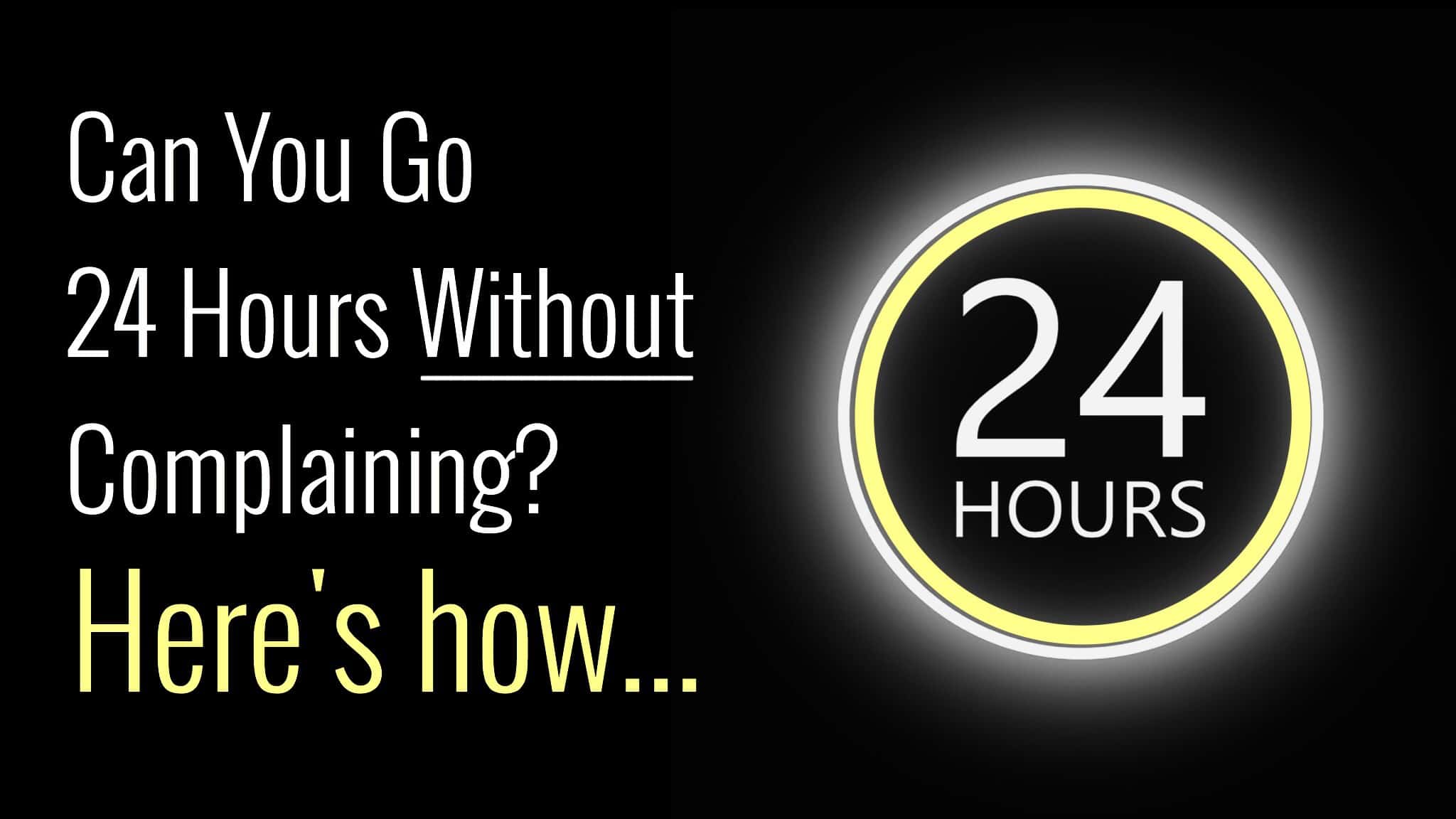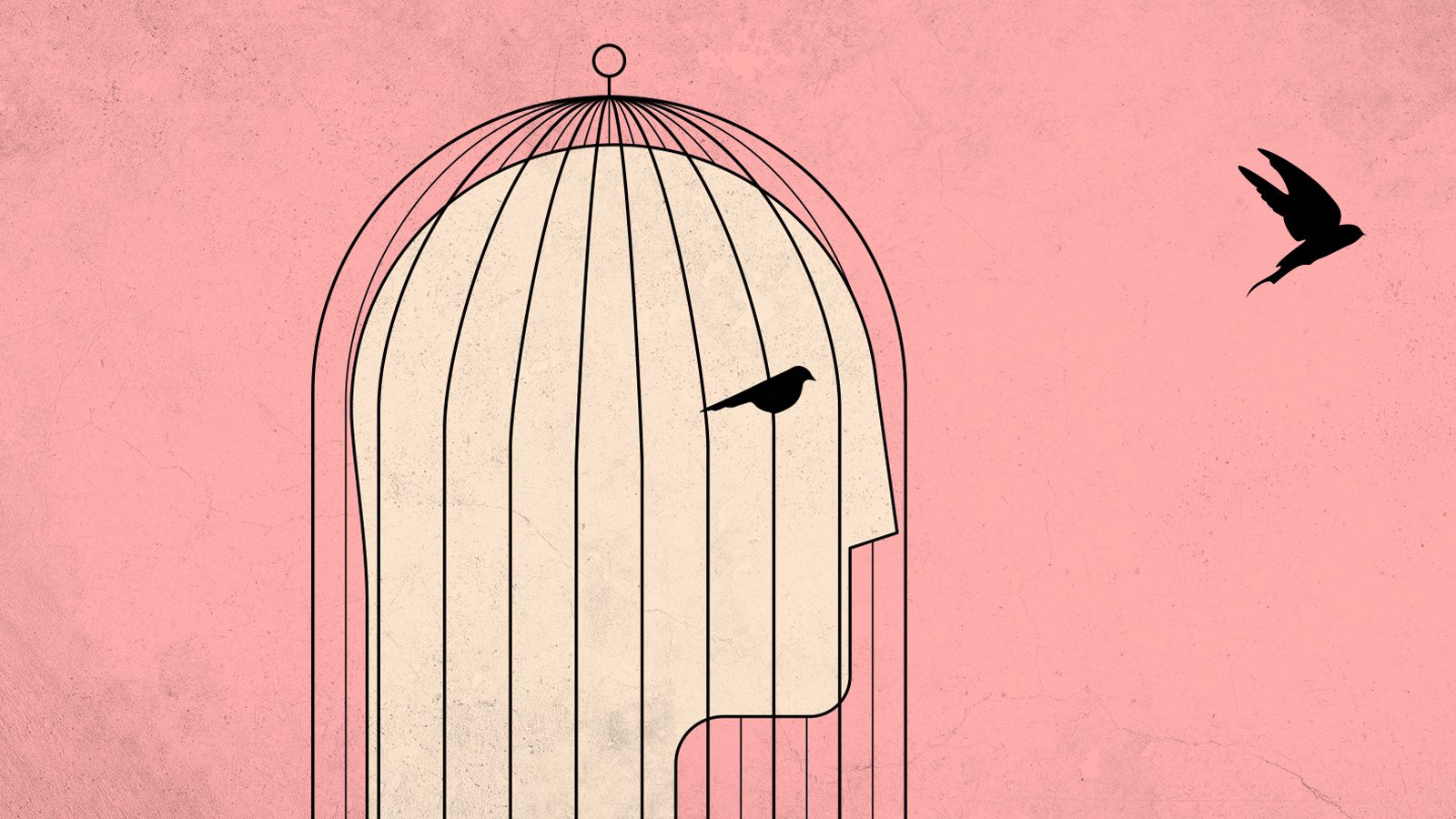Have you ever felt sorry for yourself? It’s a normal reaction to occasional disappointments and hurt in life. Although it’s okay to experience self-pity, it’s not a mental place you want to stay.
You often internalize the pain when you’ve been hurt by someone or by unexplainable circumstances. You want to roll up in a ball and hide under the blankets to insulate yourself from the evil world. During depressive times, you’re apt to experience a seesaw of emotions from anger, sadness, and even hopelessness.
A study published in the Journal of Personality by Dr. Joachim Stober mentions the link between self-pity and personality, anger, and beliefs about control. Stober states that people who constantly feel sorry for themselves often believe that chance and influential people control them. They often ruminate on the pain and anger and have lonely, worrisome attachments.
Feeling Sorry for Yourself (Self-Pity) Versus Self-Compassion
There’s a big difference between feeling sorry for yourself and practicing self-compassion. The pity for yourself leaves you stuck in the mire of negative emotions and self-destructive behaviors. While it puts you in center stage, it does nothing to solve any problems.
However, self-compassion acknowledges that life can sometimes be challenging and even hurtful. Not everybody has your best interests at heart. Self-compassion recognizes the hurt you’ve experienced while inspiring you to find healing solutions.
You have the choice to learn from negative experiences and grow or to allow them to suppress your confidence and ambition. Being compassionate with yourself brings you to those crossroads and helps you choose the right path. Pity parties may seem justifiable for the moment, but the only one who loses, in the long run, is you.
 1. Acknowledge Your Feelings
1. Acknowledge Your Feelings
Just because you are an emotionally intense person doesn’t mean you won’t experience negative emotions occasionally. It’s part of life and something that you’re best to acknowledge with self-compassion. Permit yourself to feel the raw edges of grief, anger, and despair.
Once you confront your self-pity in the mirror of your consciousness, you cope with them. Realize that it’s a waste of time and energy wondering about the fairness of the world. Some questions don’t have answers, so you work your way through them.
A Psych Central article written by Jeffrey Ditzell, D.O., explains clearly why you should not ignore your emotions:
“Think of your negative thoughts as an untrained, jumping, barking dog. You can try and ignore them, tell them “no,” or turn on Netflix to tune them out, but they’ll keep hounding you until you give them some attention.”
2. Question Your Perceptions
Why is it easier to accept negative perceptions than positive ones? The pain and emotions keep snowballing when a person or a situation has hurt you. You may focus on negative points in your life rather than all your blessings.
When you feel overwhelmed with negativity and believe the sky is falling, stand back for a moment. Have the emotions from feeling sorry for yourself tainted the perception of your world? Allow yourself to experience the hurt, but don’t lose sight of all the positive things you have.
3. Recognize When You’re Struggling
Has a friend or loved one ever done you wrong, and you can’t get past it? Maybe you’ve experienced a big disappointment like a job loss or a missed opportunity. The longer you refuse to deal with your feelings, the longer they will fester into bitterness and negativity.
Since your actions often mirror your feelings, self-pity may cause you to snap at people or avoid socialization. These unchecked emotions and behaviors may lead to anxiety and depression. When you take control initially, it’s easier not to allow yourself to get to this point.
4. Turn Your Negative Emotions into a Challenge
Do you know that the law of attraction works for positive and negative affirmations? Your thoughts may turn dark if you’re throwing a colossal pity party for yourself. Since you’re experiencing one bad incident, may you assume more are on the way?
You may send negative affirmations into the Universe like “I never get a break in life,” or “Everybody is out to hurt and destroy me.” The Universe hears your affirmations and returns in kind, and you’ll continually reap negativity. Things will only change when you change your attitude and affirmations.
For example, “I may have lost this time, but I have better opportunities coming” or “They hurt me, but I still have countless people who are still at my side.” Again, your affirmations attract like, and the silver linings shine through the clouds.
5. Practice Gratitude Each Day
Feeling sorry for yourself often acts as a smothering blindfold. The painful emotions from your situation distract you from beautiful blessings. Being grateful shifts your attitude back into focus.
You can practice gratitude to make a list and post it where you see it daily. Look at your list when you feel down in the dumps and are tempted to drown yourself in pity. Gratitude is a persuasive reminder of how strong you are and how the Universe has your back.
The March 2019 NIH Newsletter, News in Health, had this to say about how gratitude can increase positive thoughts.
“When you make gratitude a regular habit, it can help you learn to recognize good things in your life despite the bad things that might be happening.”
6. Use Your Time Wisely
Life is way too short to waste on a pity party where you’re the only guest. Instead, push past the pity and use the time to think of solutions for your problem. How can you use your resources to make the situation better?
For example, you may feel miserable because you were passed over for a job promotion. You could cover yourself in resentment for your boss and your disappointments. Or you could learn from the experience and find ways to hone your knowledge and skills for the next time.
 7. Close the Complaint Department
7. Close the Complaint Department
How do you feel around a negative person who constantly moans and complains about everything? Before long, their negative words and attitude bring you down. Refuse to be that miserable person in your mind or with others.
Do you have a situation that keeps you down in the dumps? Instead of bellyaching, decide that you’re doing something to make changes. If a situation is beyond your control, find healthy ways to cope with it.
Remember that complaints turn into negative affirmations that disperse throughout the Universe. Do yourself a favor and put a positive spin on your problem. You’ll be surprised at the creative solutions coming your way soon.
8. Lend a Hand
Self-pity locks you in a dark solitary place, and your unchecked emotions shackle you. When you’re hurting, it’s easy to think that you’re the only person who’s ever experienced such pain. A simple glance around you will tell you a different story.
In fact, you may also see your problems in a different light when you see the struggles of others. The things you thought were singular and unforgivable may pale compared to other people’s experiences. They may also be an inspiration for solutions in your own life.
Helping others allows you to feel good about yourself and to get other perspectives. According to an article published by the British Mental Health Foundation, these acts of kindness may boost your happiness, optimism, and feelings of self-confidence.
The Mayo Clinic agrees. They note that volunteering to help others can ease symptoms of depression, lower stress, and might help you live longer. All these things can contribute to reducing your feeling sorry for yourself.
9. Recognize Patterns of Self-Pity in Your Life
As you reflect on your life’s landscape, notice any patterns of feeling sorry for yourself. Were these isolated incidences, or were they patterns of behavior that caused you turmoil? These situations may have been exacerbated by blaming others or harboring resentment.
What actions can you take to avoid these pitfalls in the future? This step requires self-honesty, accepting responsibility, and making necessary changes. You’ll also learn to recognize when you are ruminating on your past and stop it before it gets out of hand.
10. Learn to Apologize and Practice Forgiveness
It’s a bitter pill to swallow when you realize that your actions brought on some of the problems in your life. Sometimes, part of the solution is to own your mistakes, apologize, and make amends. True apology involves an effort not to repeat the offense, not just saying you’re sorry.
Are you nursing a grudge from people who’ve hurt you? Feeling sorry for yourself is normal and thinking the world is against you. Soon, the bitterness consumes you, and you’re oblivious to any blessings and joys around you.
It’s a harmful misconception that forgiving somebody lets them off the hook. It neither downplays nor excuses the offense or the offender. In hindsight, you may find explanations for the wrongdoing, but not an excuse.
Forgiveness is a kind, positive action you do for yourself. It breaks the crippling bonds of resentment so that you can go on with your life. You can’t forget the hurt, but you can acknowledge it and leave it in the past.
You can offer forgiveness without the offender being present. Sometimes, you may need to forgive yourself for your past wrongs and shortcomings. Either way, do it with decisiveness and compassion.
 Final Thoughts on Learning How to Stop Feeling Sorry for Yourself
Final Thoughts on Learning How to Stop Feeling Sorry for Yourself
As with all life’s greatest lessons, learning how to redirect self-pity requires time, patience, and self-compassion. It’s empowering when you discover how to learn and grow from painful experiences. The rain may fall on the just and the unjust, but self-compassion can be your umbrella.

















